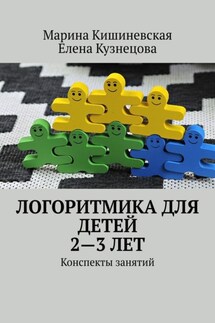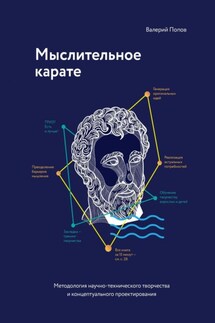Пословица не даром молвится. Пособие для учителей английского языка - страница 2
2) Actions ................. words.
3) ......... ......... in the bush.
4) A burnt .................. fire.
5) .............. .... catch at a straw.
Тask 3. Find English equivalents to the Russian proverbs below.
Не по словам судят, а по делам.
Друзья познаются в беде.
He сули журавля в небе, а дай синицу в руки.
Обжегшись на молоке, дуешь и на воду.
Утопающий за соломинку хватается.
Тask 4. Use appropriate proverbs to fill in the blanks.
1) He had heard that «...........» and he acted. (A. Taylor, B. J. Whiting)
2) You came to my side when I was in trouble ......................... (W. G. Smith)
Тask 5. Find phraseological units and state what proverbs they originate from.
1) Today I am busted and almost beat. I dropped eighty percent of my business all because he put me on his D.D. (demand draft) list. I came up here on a hunch, grabbing at a straw. (R. Robbins)
2) She had closed the house at Hilltop and all her time she spent looking after Arthur, preparing his food, reading to him, or merely sitting in silent companionship by his bed. Strange behaviour for a woman naturally so indifferent, so apparently self-absorbed. It was perhaps an atonement, a clutching at this chance straw of expiation in the throbbing desire to prove that there was something of good in her. (A. Cronin)
3) "There really is nothing as important as giving our town dwellers decent living conditions." ─ "It's rather like going over to the enemy," muttered Michael. "Our future oughtn't to be so bound up in the towns." ─ "It will be, whatever's done. 'A bird in the hand', and such a big bird, Michael." (J. Galsworthy)
4) "I've always liked your mother," Tom went on. "I like the way she's always tried to clutch at straws, and the way she's always been running, trying to catch the bus." (P. Marquand)
Тask 6. Render in English several proverbs of your own language. Use them in situations.
He сули журавля в небе ─ дай синицу в руки.
Друзья познаются в беде.
Утопающий за соломинку хватается.
Пуганая ворона куста боится.
О человеке судят по делам.
Хвататься за соломинку.
Журавль в небесах.
Синица в руке.
Тask 7. Choose the right proverb for the given life situation.
I'm eager to buy a fashionable evening dress for the New Year party. It's so beautiful, but rather expensive. I think it is worth buying. The quality is excellent for the price. But my mother is against it. She says we can't afford it now. We are short of money, because my parents don't get their salary regularly.
а) Cut your coat according to your cloth.
b) A drowning man will catch at a straw.
с) A friend in need is a friend indeed.
Тask 8. Make up a story using one or more of the given proverbs at the beginning.
A bird in the hand is worth two in the bush.
A burnt child dreads the fire.
A drowning man will catch at a straw.
A friend in need is a friend indeed.
Unit 2
Тask 1. Read and translate the meaning of the proverbs using the vocabulary.
Explanatory notes:
1. All's well that ends well: fears and anxieties are forgotten as soon as one's aim is reached.
Example: When the books were signed the vicar congratulated the husband and wife on having performed a noble, and righteous, and mutually forgiving act. "All's well that ends well," he said smiling. (Th. Hardy)
2. A rolling stone gathers no moss: a person who frequently changes his occupation does not attain a position of security, prosperity, success (just as a stone that never stays long in one place gives no chance for moss to grow on it). A person who moves around, never staying in one job, is called a rolling stone.






